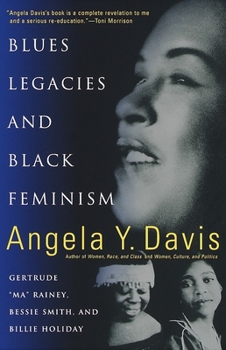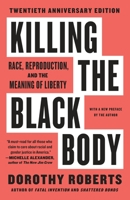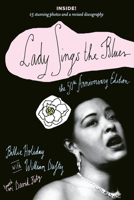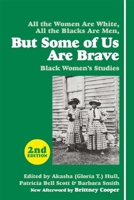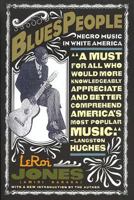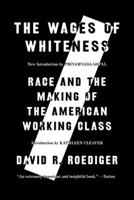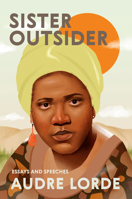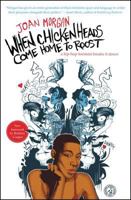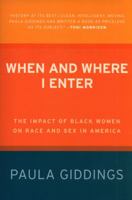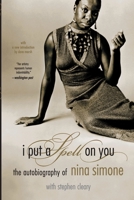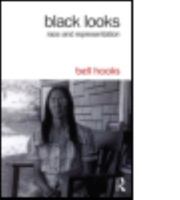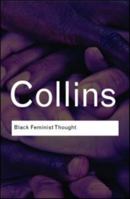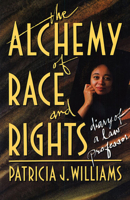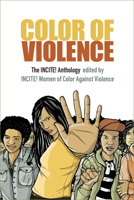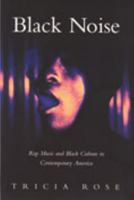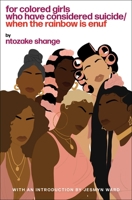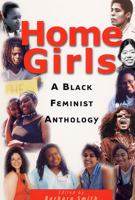Blues Legacies and Black Feminism: Gertrude "Ma" Rainey, Bessie Smith and Billie Holiday
Select Format
Select Condition 
Book Overview
You Might Also Enjoy
Customer Reviews
Rated 4 starsPoetics ARE Politics for many people. No exceptions here.
Davis work is a powerful re-reading of Blues women, and firmly places them in the center, rather than the margin, of Black oppositional and autonomous culture discourse. The book is mostly devoted to the work of Gertrude Rainey and Bessie Smith, but there are important sections devoted to Billie Holiday as well. In each case, the Davis argues for a more complete contextual understanding of Blues women music as introducing...
1Report
Rated 5 starsBreaking ground
I have to agree with the reviewer from Turkey who wrote positively about Davis' "Strange Fruit" chapter in Blues Legacies. I recently wrote a term paper on the song Strange Fruit in which I referred to both David Margolick's recent release about Strange Fruit and Davis' Blues Legacies. I was very impressed with Davis' depiction of Holiday as an individual and an entertainer. It seemed that she brought a more well-rounded...
2Report
Rated 4 starsPermission and Intent
Davis' title explains her project in clear terms at the outset. She is not engaged in a critique of modern women in popular music (as one reviewer anticipated). Nor is she profiling these women in biography format. Therefore, she does not need the permission of Rainey's relatives for this project. Her goal is to uncover the pre-feminist sentiments expressed in these women's music. In that regard, she needs only the...
2Report
Rated 4 starsultimate analysis of smith & rainey
I definitely agree with "mpgrier" who writes that Davis' book is almost flawless in its discussion of Bessie Smith and Ma Rainey. If Davis had chosen to write about these two artists only, the book would have been an instant classic and a triumphant tribute to the artistic and social impact of these remarkable women on American culture.The fact that all the lyrics are included is all the more reason to recommend this book...
3Report











